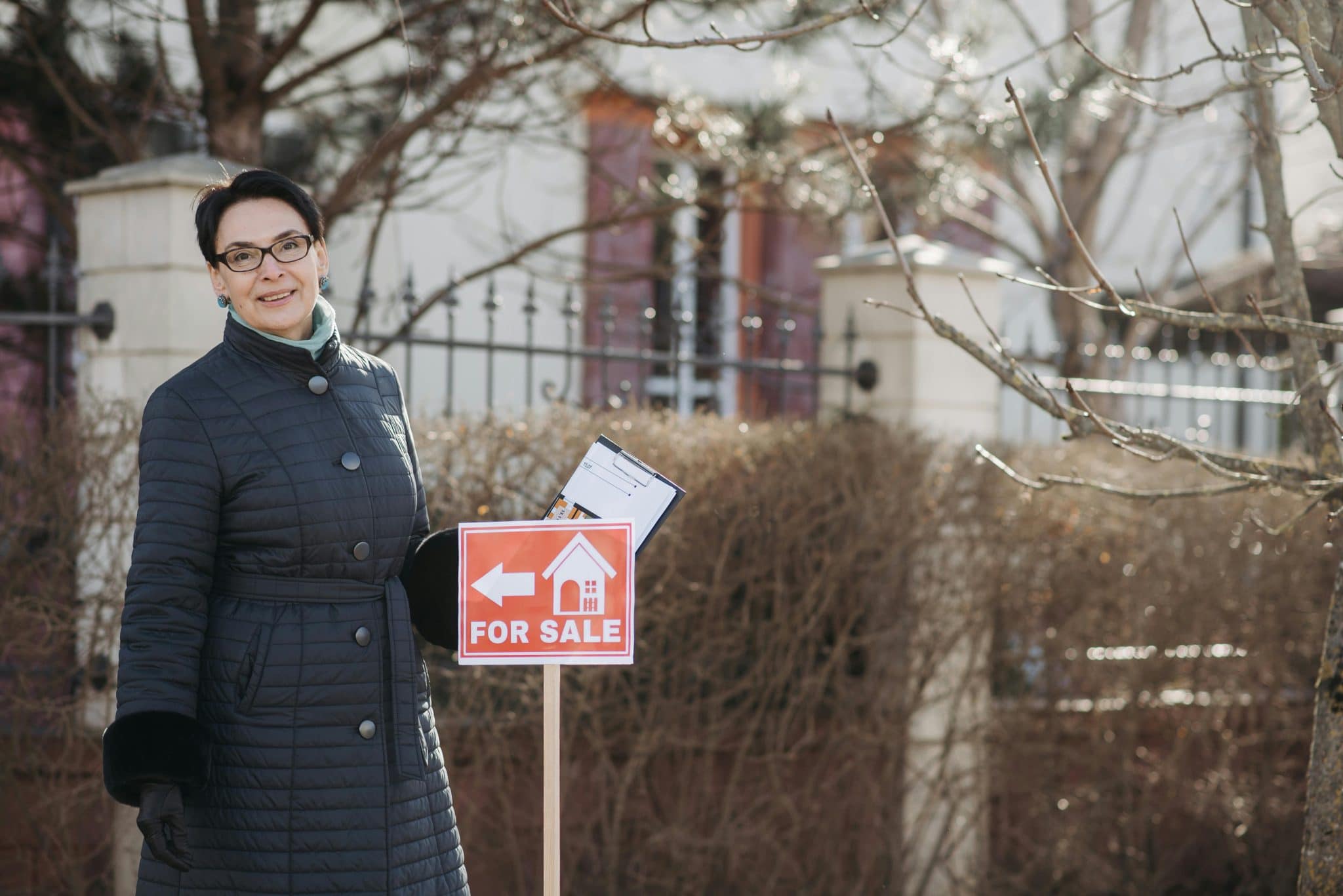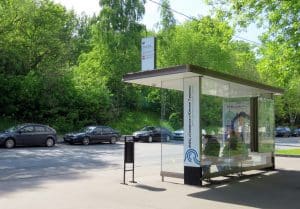Car Sharing Is Affecting Urban Real Estate Markets
The rise of car sharing services has taken the urban transportation industry by storm. It has provided individuals with a convenient and cost-effective alternative to owning a car in dense and expensive cities. However, this popular trend is not only transforming the way people get around, it is also having a significant impact on the urban real estate market. The rise of car sharing has not only influenced the way people live and work in cities, but it is also shaping the future of urban real estate. In this article, we will explore the ways in which car sharing is affecting urban real estate markets and how it may continue to impact the industry in the years to come.
The Growth of Car Sharing
In recent years, the concept of car sharing has been rapidly expanding in urban areas. These services allow individuals to rent a car by the hour or by the minute, giving them access to a vehicle without the financial burden of owning one. With the increasing cost of car ownership and the growing concerns about traffic congestion and environmental sustainability, car sharing has become a popular and attractive solution for city-dwellers. According to a report by Frost & Sullivan, the global car sharing market is projected to grow at an impressive rate of 16.4% from 2017 to 2025.
The Decline of Car Ownership
As car sharing services become more widespread and accessible, the need for personal vehicle ownership is declining. In densely populated cities, it is often more convenient and cost-effective to use car sharing services rather than owning a car. This has resulted in a decrease in demand for parking spaces and garage spaces in urban real estate properties. As a result, urban developers are now facing the challenge of repurposing or adapting these spaces to meet the changing needs of their residents.
Changes in Location Preferences
The popularity of car sharing has also influenced the location preferences of renters and homebuyers in urban areas. Traditionally, proximity to public transportation or access to parking spaces has been a key factor in choosing a location for a home or office. However, with the increasing availability of car sharing services, this is no longer the case. Now, individuals are looking for properties that offer easy access to car sharing services, as well as amenities and services within walking distance. This shift in demand has led to a rise in the development of mixed-use properties that cater to the needs of both car owners and car sharing users.
The Impact on Real Estate Prices
The rise of car sharing has also had a significant impact on real estate prices in urban areas. With the declining demand for personal vehicle ownership, properties that offer parking spaces or garages are becoming less valuable. This has led to a decrease in the value of these spaces, resulting in lower property prices for urban developments that offer ample parking space. On the other hand, properties that are located near car sharing services have seen an increase in demand and prices. This has created a new type of real estate market, where proximity to car sharing services is now a highly desirable feature for buyers and renters.
The Future of Urban Real Estate
The influence of car sharing on urban real estate markets is not showing any signs of slowing down. As more and more people turn to these services as a convenient and eco-friendly means of transportation, the demand for properties near car sharing hubs will continue to increase. This shift in demand is forcing real estate developers to adapt and innovate in order to stay competitive in the industry. We can expect to see more mixed-use developments, as well as a decline in the demand for parking spaces in urban areas. With the rise of autonomous vehicles and the potential for car sharing companies to expand their services, the impact on urban real estate markets is only going to become more prominent in the future.
In Conclusion
Car sharing has undoubtedly changed the urban transportation landscape, but its impact is not limited to just that. It is also shaping the way people live, work, and choose their homes in cities. The rise of car sharing has brought about significant changes in the urban real estate market, and it is clear that this trend will continue to have a lasting effect on the industry. As we move towards a more sustainable and connected future, it will be interesting to see how car sharing continues to transform the urban landscape.










